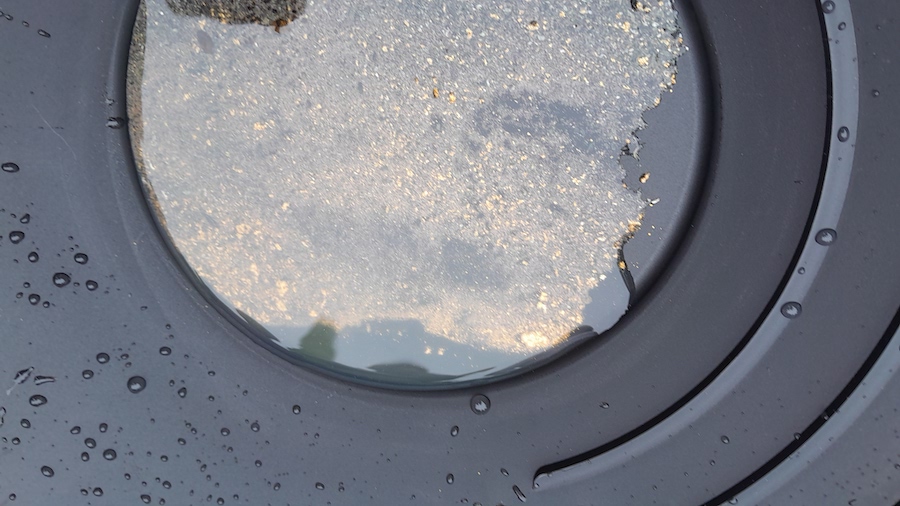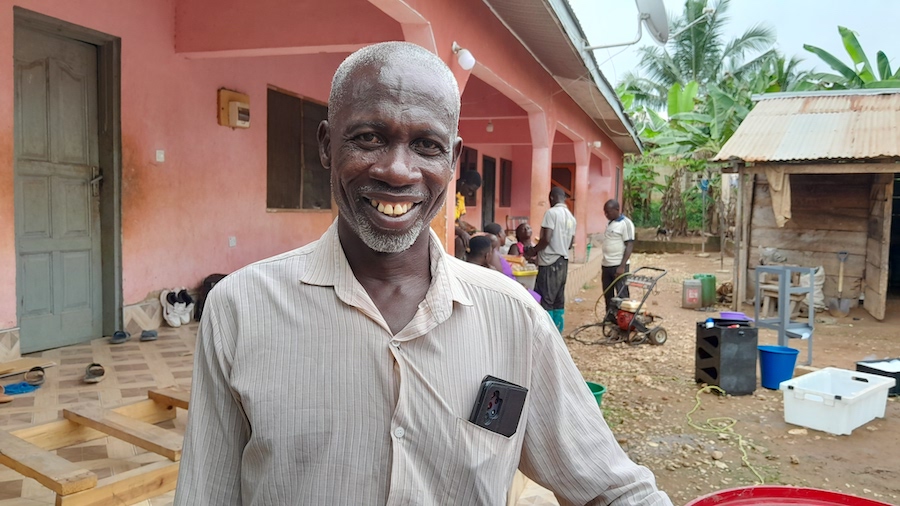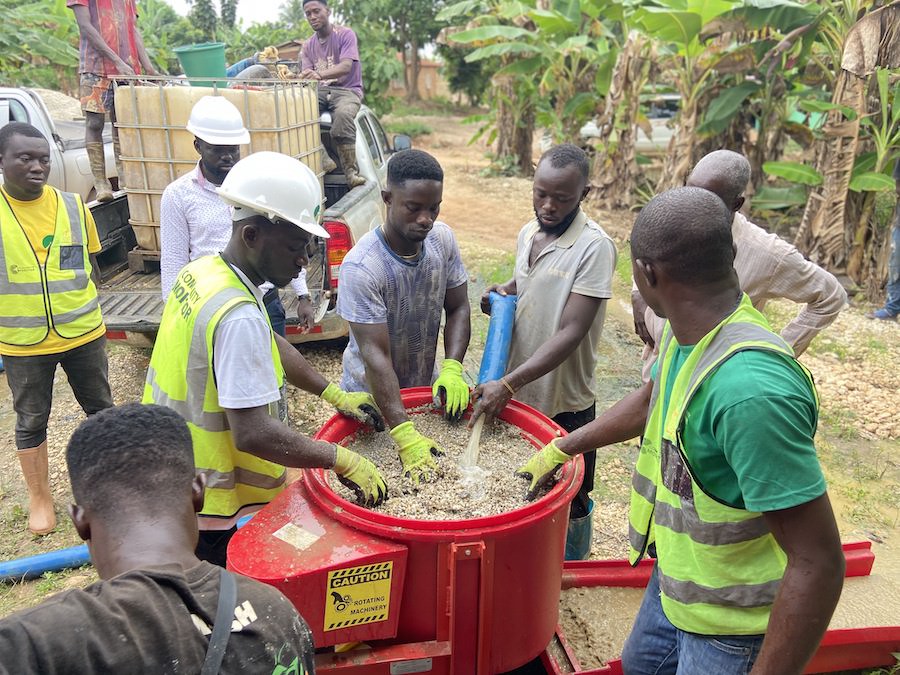As part of the “Promoting Mercury-free Mining in Ghana” project, with funding from the United States Department of State, Solidaridad and Pact have distributed mercury-free mineral processing equipment to selected artisanal and small-scale gold mines across the country. Selected mines include Agyapa Ye, Benvico, Okutey, Bazuri, Dakete and Beeva in the Ashanti, Western and Western North regions of Ghana.
The Dakete mine received an ST-30 shaking table upgrader, while each of the other five mines received ‘Gold Kacha’ gold concentrators, as well as ‘Gold Konka’ upgraders, fabricated by Appropriate Processing Technology (APT) of South Africa. The distribution of mineral processing equipment is part of the programme’s ongoing efforts to reduce mercury usage and promote safe working environments.

Artisanal and small-scale gold mines often use mercury as a separating agent to extract gold particles from other materials. This practice directly affects miners, many of whom inhale mercury vapor or absorb the substance into the body through contact, which can cause severe health challenges or death.
The dangers of mercury is not limited to miners. Entire communities may be exposed through emissions in urban and semi-urban areas where gold shops are located and through the disposal of mercury into bodies of water. Symptoms of mercury exposure in humans can include shaking in extremities, liver and kidney damage, impaired hearing, blindness, skin cancer, respiratory infections. It can also damage reproductive health and cause cerebral palsy in fetuses.
Rosemary Addico, Programme Manager for Responsible Gold Mining at Solidaridad West Africa, said the distribution of equipment follows a series of sensitization efforts deployed through radio and community fora. Solidaridad is working to highlight the effects of mercury usage in artisanal small-scale mining and provide training sessions with miners on alternative mineral processing solutions.
The project has reached over 15,000 individuals using a strategy to build consensus amongst mining community stakeholders about the need to adopt safer mining practices.
“We have a responsibility at Solidaridad to ensure that farmers, workers, and miners operate within decent working environments devoid of any practices or processes that will be harmful to their physical, mental, and emotional well-being.”
Rosemary Addico, Programme Manager for Responsible Gold Mining at Solidaridad West Africa
Rosemary applauded the receiving mines for their willingness to innovate and adopt innovative solutions and stressed the need for policy frameworks to strengthen the impact of the advocacy work.
Ghana is a signatory to the Minamata Convention on Mercury, which is a multilateral environmental agreement that addresses human activities which are contributing to mercury pollution and aims at reducing global mercury pollution over the coming decades. The Convention requires signatory states to formulate policies and establish controls to regulate mercury usage.
The lack of technical expertise among miners and concerns about the effective gold recovery rate has been a significant hindrance in the adoption of alternate mineral processing technologies. But some miners now understand the effectiveness of alternative processing methods.

“The Gold Kacha machine has alleviated my concerns on the gold extraction rate and the possibility of losing gold if I modify my extraction process. My experience testing the machine confirms that it gives a better gold extraction rate than using mercury,” said Joseph Kofi Ababio, Mine Manager at the Agyapa Ye Mine, which received a Gold Kacha concentrator.
He shared that the machine provides maximum extraction on the first attempt, which significantly improves their efficiency and reduces labor demand compared to their previous approach, which required at least three extraction cycles to ensure that all gold particles had been retained.
Joseph also noted that the health benefits from operating a mercury-free mine was enough incentive to switch to the use of the Gold Kacha and thanked Solidaridad and partners for championing such initiatives. He is committed to sharing the knowledge he and his team have gleaned from the programme with other miners to drive adoption of mercury-free extraction methods.
Promoting responsible gold mining
The Promoting Mercury-free Mining in Ghana project, funded by the US Department of State (USDOS) is a three-year project, implemented by Solidaridad and Pact, an international NGO working with governments, communities and private partners to formalize ASM mining and implement safer, more productive working conditions.
The project aims to reduce the use of mercury in Ghana’s ASM sector through education, the introduction of better technology, and stronger supply chains. The project is working with legally registered ASGM groups in the Western, Western North, and Ashanti regions, as well as a range of stakeholders, including government agencies, gold traders, and communities, to achieve two core objectives:
- Demonstrate mercury-free gold production through support for the adoption of alternate mineral processing technologies. This technical project focus is bolstered by supporting mines in the development of Mine Plans which will help connect mines with investors, and using the CRAFT code, to support risk monitoring and mitigation, to help stakeholders bolster their due diligence efforts, in the gold supply chain.
- Support gold sector stakeholders to achieve obligations of the Minamata Convention through awareness raising, institutional capacity building and demonstrating the business case for mercury-free gold production.

